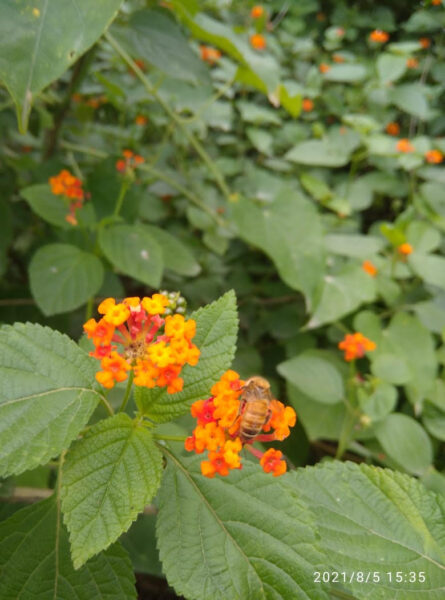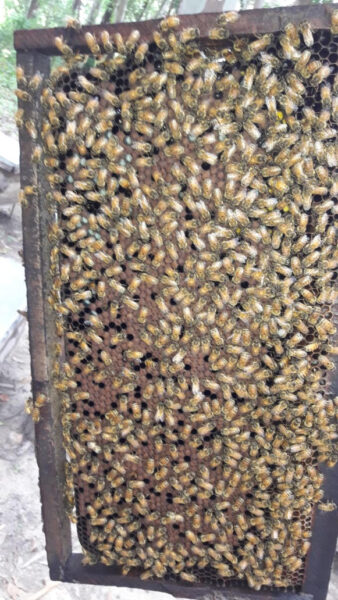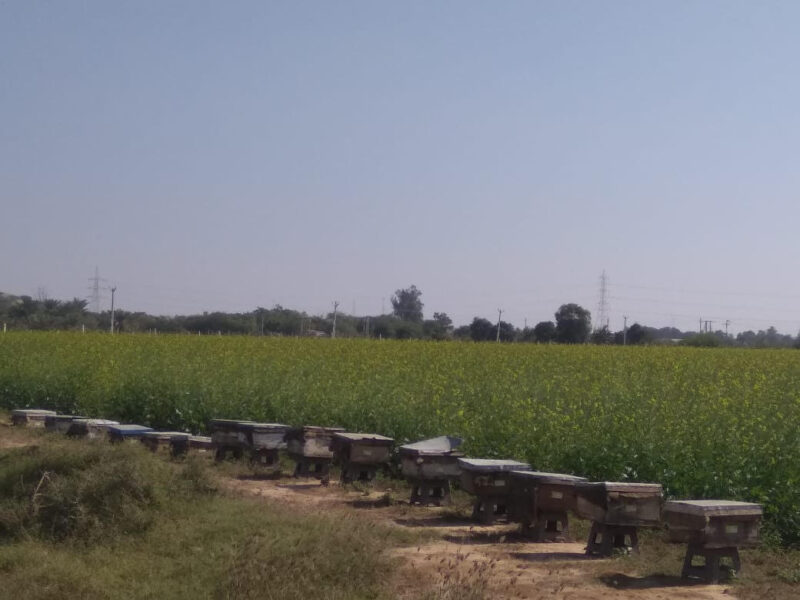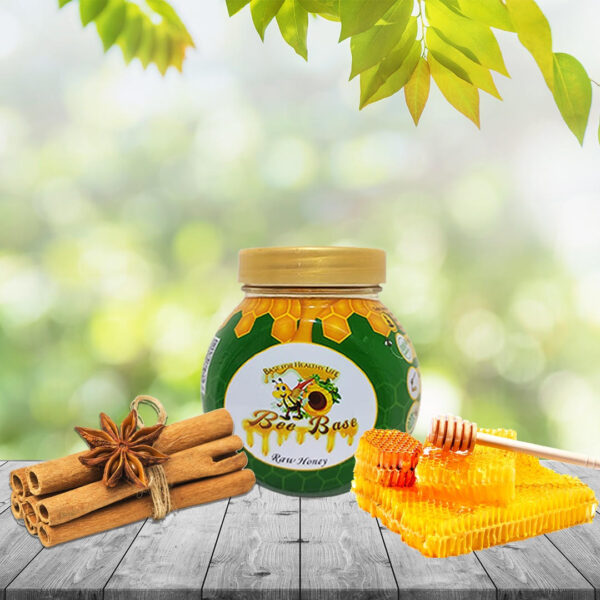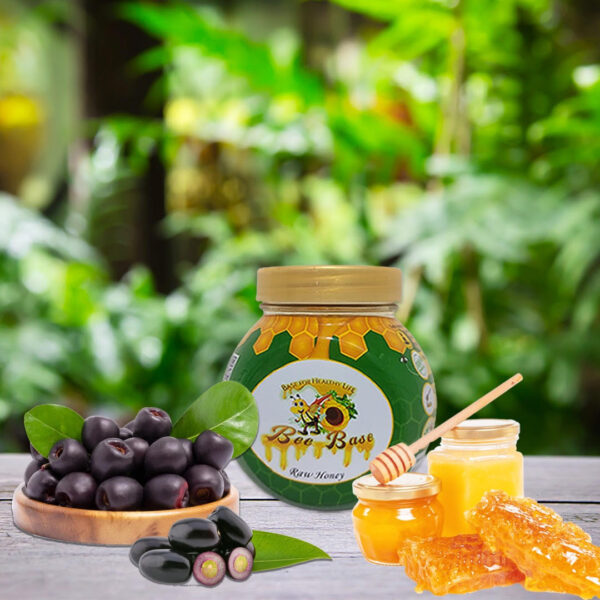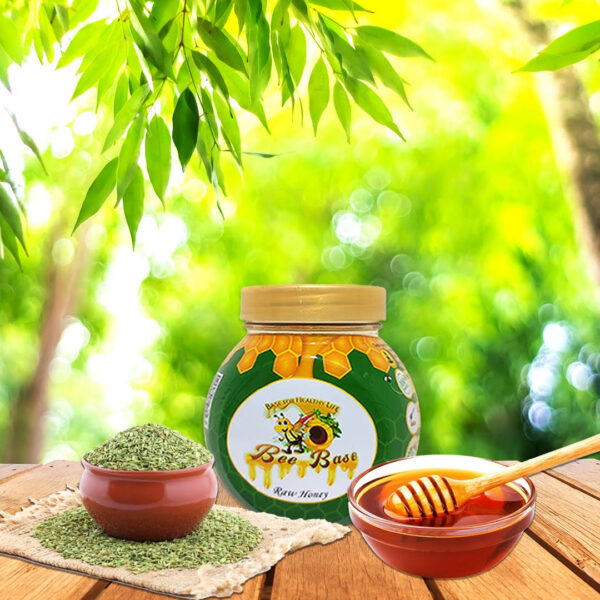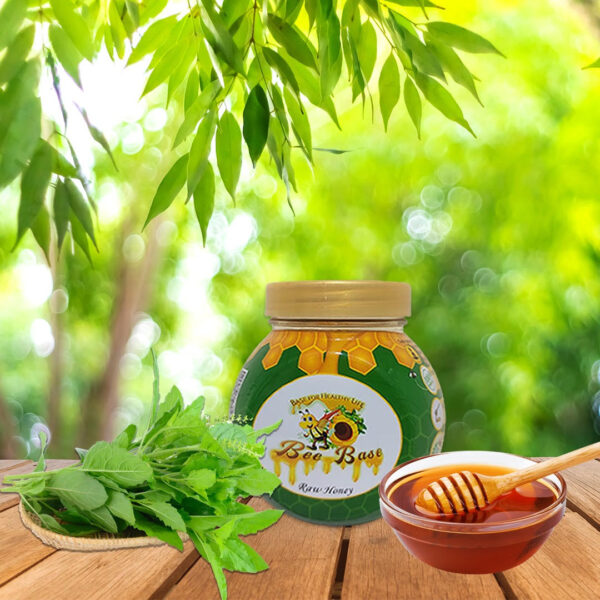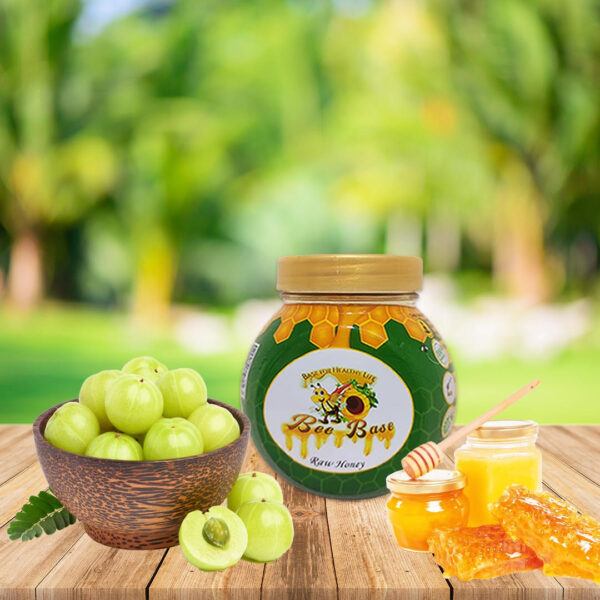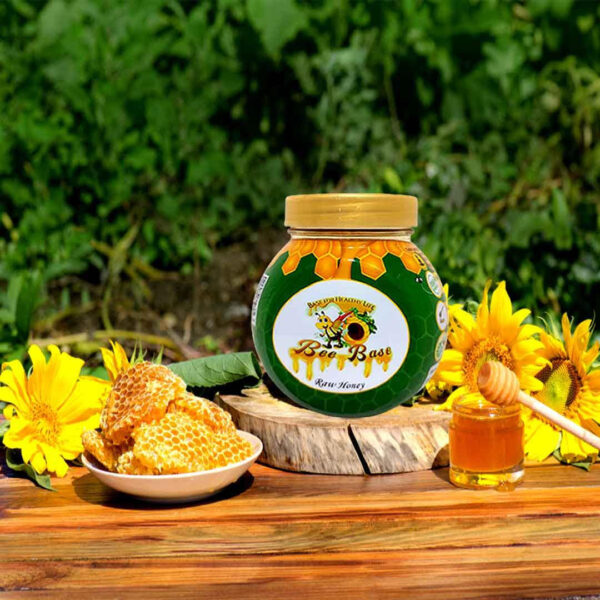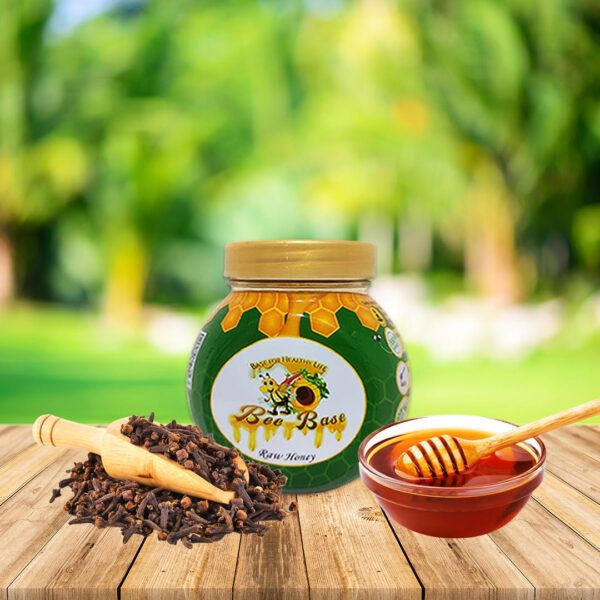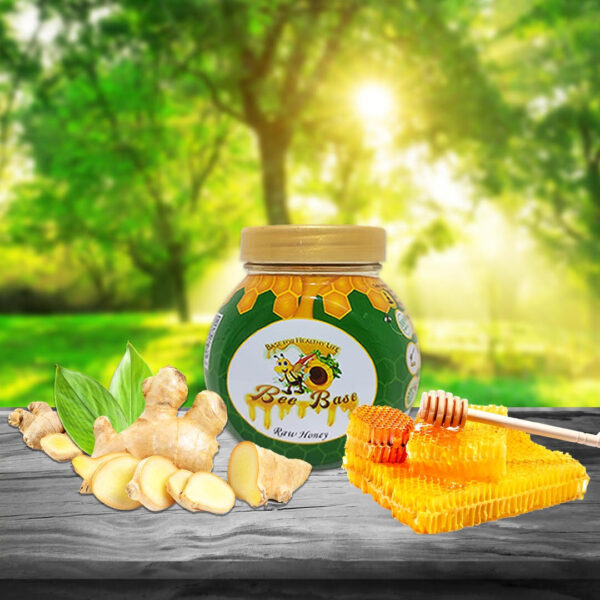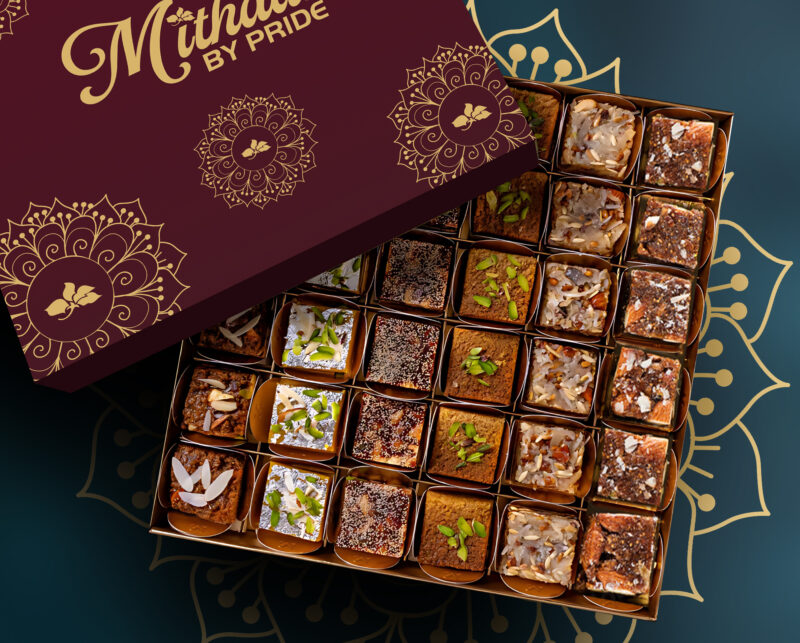Interview
SWEET DREAMS ARE MADE BY HONEY
Editorial Team
Pratik Ghoda, a chartered accountant for 14 years, who used to handle the funding processes of
many companies, decided to start his own company. “ I wanted to become a part of a business,
establish it from scratch and take it to new heights. This urge never went away. So, I decided to
quit and build a business,” he explains.
The concept he says came organically to him. “We were on visit of a farm for the experience
and to our surprise what we have seen is that an ayurvedic doctor is treating the arthritic pain of
people by making a bee sting on the affected area. To our surprise people do feel relieved from
pain and this treatment is called Apitherapy. ..So all R&D begins from there as how honey is
beneficial and how the bottled honey we buy is made. To make natural monofloral favoured
honey, we set out of find out how many crops in which part of state are being grown, the seeding
month and flowering month of each crop. Unfortunately, no document on website or
government department could give us the much needed information, and so we went into the
research ourselves. Apart from this R&D on which crop has nectar and pollen both, and in which
proportion is also quite important to know. We spent a long time on this research’’.
He says they noticed that only single tone sugar-base processed honey is available in most stores.
“There are different agriculture crop, herbal-based natural flavor honey can be collected and
offered as a real healthy diet. We though this should be brought to people offering the really
healthy food item,’’ he states, adding, Einstein said, if there is no bee on the earth, human kind
can survive for just 4 years. Thus apiculture is a sustainable activity. After a year of research, we
incorporated Bee Base Private Limited on 20 August 2020’’.
Bee Base owns beehive-boxes which are suitable for bees to make their hives. According to the
predominant floral type that is desired by the company, they place the boxes
in farms where acres and acres of land is covered with the specific flowering
crop. “After about 21 to 25 days they seal honey by wax (produced from her own gland..:))
and then only proper honey will get ready. We harvest the same by breaking seal and strain the
honey using a cloth. Without any processing, the Natural Raw Honey gets ready for bottling and
despatch’’.
The main areas where they have collaborated with farmers for their beehive box management are
Jamnagar District for Ajwain Honey, Surendranagar District for Fennel Honey, Junagadh and
Gir Somnath District for Multiflora Honey from the forests and Sesame Honey, Bihar and
Punjab for Litchi Honey, Uttar Pradesh for Basil and Jamoon Honey, and Himachal for Apple
Honey. “We also have infused Ginger, Amla, Clove and Cinnamon Honey on our present
portfolio of flavoured honey products’, Pratik explains. They are marketing their products
through social media and getting sales through ecommerce platforms like Amazon. “We are
promoting these products for B2B sales to food entrepreneurs like home chefs, bakers, cafes,
hotels, etc. They are becoming popular as sugar replacement in healthy recipes’’.
He says that the enterprise is also socially-beneficial. “Bees are crucial for the survival of
humans and nature as they play an important part in the pollination process. Moreover, the
presence of adulterated honey in the market made the situation worse for human health. Honey is
meant to be healthy and has medicinal properties, if in pure natural form,” Pratik says.
The prices he says are about Rs 150 per kg more than branded sugar syrup based honey usually
on the shelves. Vibhakar Ghoda, senior director of the company, elaborates, “The cost of the
honey is high because of its originality, logistical costs and on-ground challenges. Transporting
bee boxes in various fields enabling the insects to pollinate on different farms to achieve the
required flavour is hard. The transportation costs are high. Moreover, the extreme weather or
even slight change in the wind parameters affect the bees. Sometimes the farmers spray
pesticides on crops, which kills the bees in large numbers. They are asked to refrain from the use
of these toxic chemicals as pollination itself would help in increasing the yield of crops as well’’.
Pratik says that his aim is to spread awareness of the health benefits of pure honey. “There
should be honey on each dining table, and it should replace the adulterated and unhealthy sugar
substitutes. We want to become known as a brand of waw honey which focuses on giving
healthy food to the public and thus contribute towards “Fit India” Movement. In the pipeline is a
line of Probiotic Honey which will be a first-of-its-kind product in the world that uses honey for
Digestive Disorders’’.



